Science is the process of learning about the natural world through observation and experimentation. In science, evidence is #1. People who study science are called scientists and they use the scientific practices to gather and interpret information.
To better understand how science works…
LET’S BREAK IT DOWN!
Science is the process of learning about the natural world through observation and experimentation.
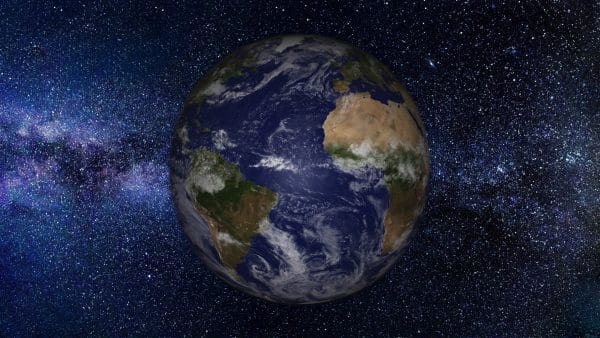
In movies and television shows, sometimes scientists are portrayed as randomly combining chemicals to make crazy concoctions. This couldn’t be further from the truth. Real scientists are very organized and methodical, and serious about their work.
They ask meaningful questions that can be tested and analyzed. They use very specific tools and methods to test and study the natural world. Scientists make careful observations and record their findings so that other scientists can repeat their investigations. They share their findings with other scientists and read about studies performed by others.
Scientists learn about the natural world through investigations, which produces evidence that helps scientists answer questions. Investigations may involve experiments or observations about the natural world. Scientists use scientific practices to do science. These include:
- Asking questions and defining problems
- Developing and using models
- Planning and carrying out investigations
- Analyzing and interpreting data
- Using mathematics and computational thinking
- Constructing explanations
- Engaging in argument from evidence
- Obtaining, evaluating, and communicating information
Scientists do not always do all of these and they don't have to follow this exact order. It is more of a general approach they take to collect, analyze, and share data.
The more evidence we have about a theory the more confident we are about it.
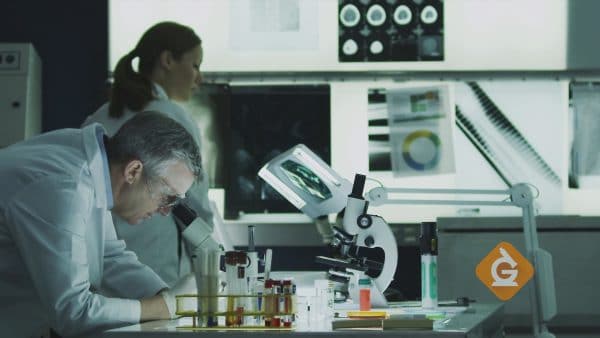
When scientists carry out investigations, they are gathering data to answer questions about the natural world.
If scientists collect lots of data that supports the hypothesis, then the hypothesis may become a theory. Theories continue to be tested, and sometimes they become well-established because there is a lot of evidence to back it up. Sometimes, however, it may be thrown out because there is evidence showing it might not be true.
Scientists must always be willing to examine new evidence and change their views.
You must be willing to change your mind based on new evidence.
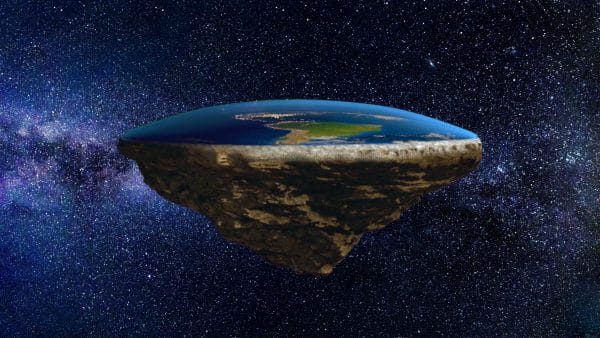
Scientists frequently find new evidence by conducting experiments. Well-held theories are sometimes tossed out because scientists make new discoveries.
We no longer believe some of the theories that used to be considered true. For centuries, people believed that the Earth was flat. At that time it was a reasonable thought, until scientists found evidence that changed their minds.
Scientists must look at new evidence with an open mind, and consider that other possible explanations may exist.
Many things around us appear to be science but are not.
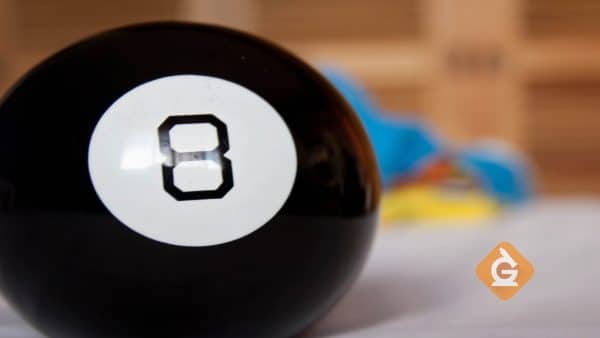
Palm reading, magic tricks, and predicting the future with a magic 8 ball are not science. Anytime someone is making claims without evidence, they are not presenting science.
For example, sometimes people get confused about astronomy and astrology. Astronomy is the scientific study of space. Astrology studies the movement and positions of the stars, which some people believe has an influence on human behaviors. Astrology is NOT science because there is no evidence to support their claims.
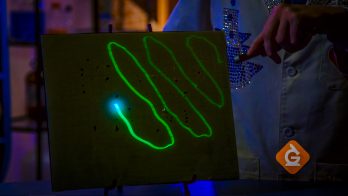





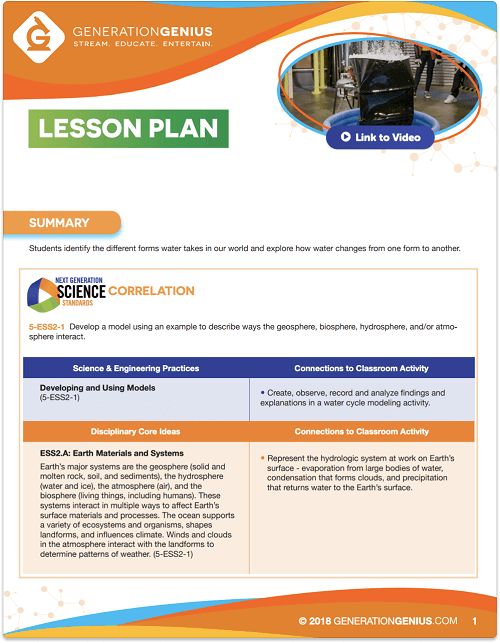

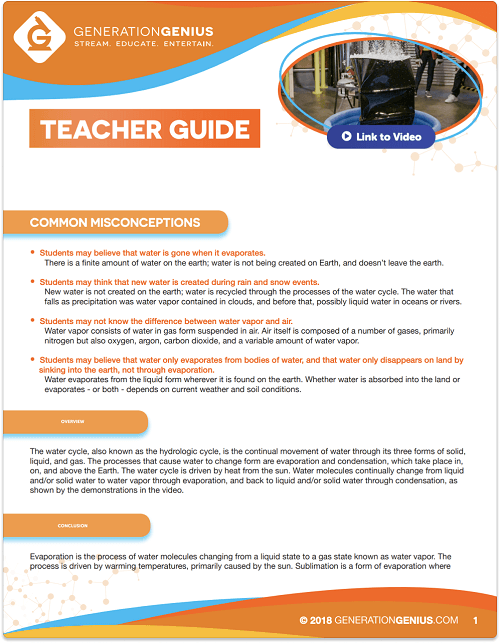
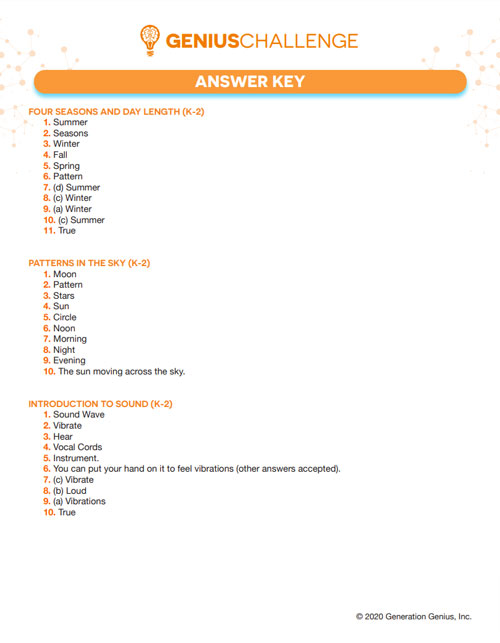























































































































 Select a Google Form
Select a Google Form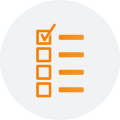

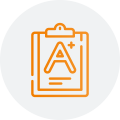





 GENERATION GENIUS
GENERATION GENIUS




